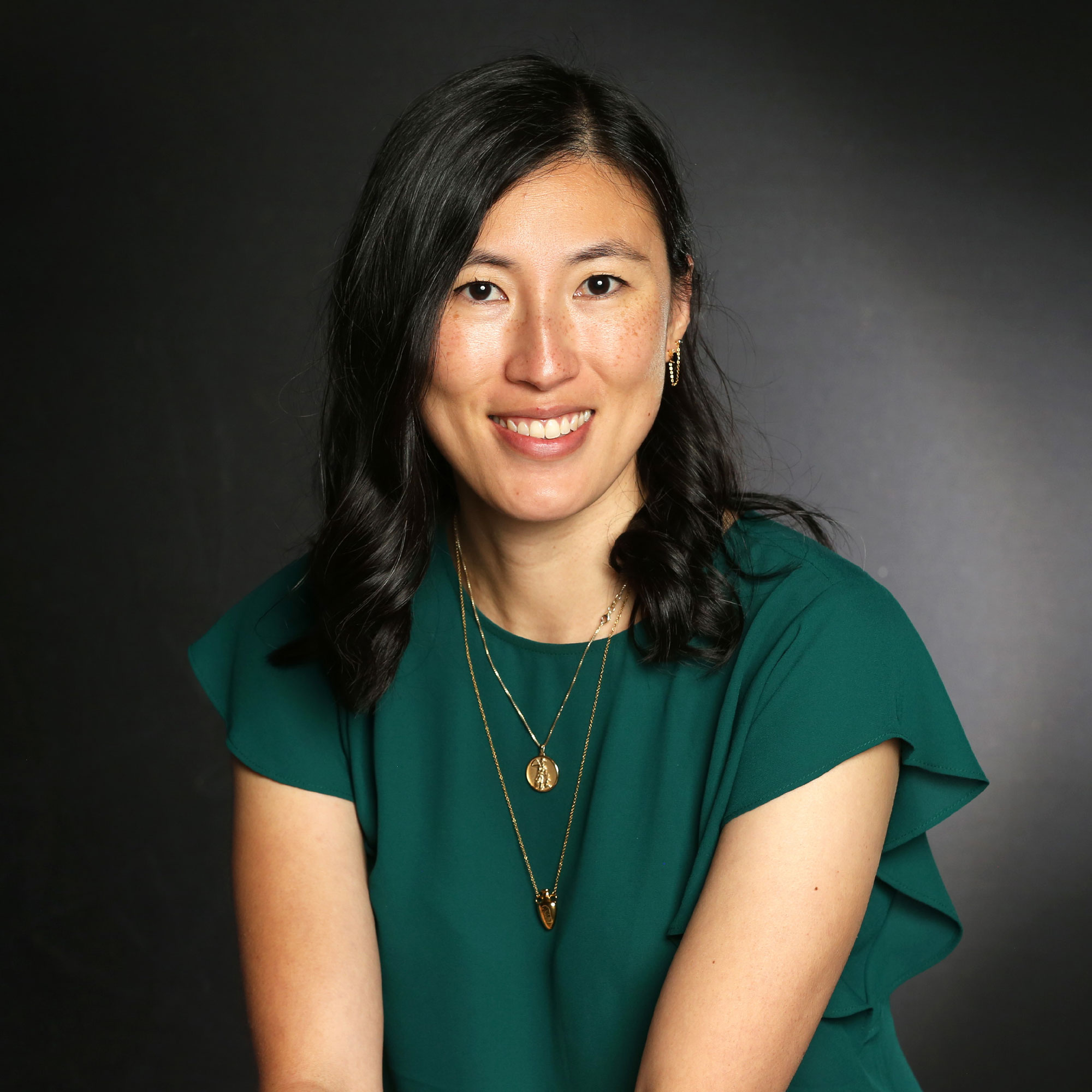
The 2025 ASU+GSV Summit brought together some of the brightest minds in education, technology and workforce development — and American College of Education (ACE) made a strong impression across the board.
The ASU+GSV Summit is the premier event for leaders who are transforming learning and work. Held annually, the conference explores bold ideas, breakthrough technology and visionary partnerships that ensure everyone has equal access to the future. The conference’s 2025 theme, “Learning at the Speed of Light,” placed special emphasis on the fact that AI and human innovation are keys to driving the future possibilities of education and skill acquisition.
Of note, the Founder and CEO of Global Silicon Valley (GSV) and Co-Founder of the ASU+GSV Summit, Michael Moe, recently joined ACE’s Board of Trustees, lending his experience in innovative education entrepreneurship to ACE’s strategic direction and development.
Several ACE leaders attended the ASU+GSV Summit to share their expertise and insights into the crucial role higher education plays in the future of workforce development, including concrete examples of affordable educational pathways that create valuable career opportunities for educators and community college students.
ACE Leadership in the Spotlight
ACE was proud to have two of its senior leaders featured on major panels at the ASU+GSV conference.
Dr. Jodi Feikema, ACE’s chief academic officer, was a panelist in the session titled “The Future of Online Learning,” where the conversation explored how institutions have evolved their online learning models in the five years since the onset of COVID. Feikema contributed insights from ACE’s experience as a “digital native” — a college that has offered high-quality and accessible fully online programs from the start.
“You can have incredible learning experiences in the online environment,” said Feikema. “Advanced learning, through college degrees or other learning opportunities can change people’s lives, and are accessible through online platforms.”
Feikema also shared that some of ACE’s current strategic initiatives included credit for prior learning and using data in a predictive manner to augment personalized interventions.
“There’s another item that is early for us, but that is personalizing the experience using AI in faculty and student engagement and interaction,” Feikema explained. “If we know a learner has a particular style and a faculty member has a particular style, how do we provide them with information to communicate and provide feedback to the student?” Feikema stated that this is especially useful for students going through ACE’s doctoral programs, as doctoral students get a lot of feedback throughout the academic process.
ACE President and CEO Geordie Hyland was also a featured panelist. His panel, “The Skills Imperative: Aligning Higher Ed with Workforce Realities,” tackled how higher education institutions can better connect to shifting labor market demands.
Hyland emphasized ACE’s focus on employing faculty who are also active practitioners in their industries, which then creates the practical outcomes and skills that our students learn. Indeed, 95% of employers are very satisfied with the performance of ACE graduates.
“We have a practitioner model. Our faculty are working with curriculum designers to build their curriculum, but they’re working in the industry, so they’re bringing that relevance in terms of not only what’s built but how it’s delivered,” said Hyland. “And I think having relevance, at the end of the day, is critical.”
When asked to describe in three words where he saw higher education in 10 years, Hyland said, “Student value proposition.” He expressed his wish for future prospective students to place more importance on return on investment when evaluating their higher education options. At the same time, he felt that not enough higher education institutions were making an adequate effort to provide this data.
“[There’s a] lack of transparency and lack of data around what student debt does to graduates in terms of inhibiting their ability to change jobs or to reskill and to upskill, so I think there’s a ways to go in terms of being able to assess that side of the impact of higher ed,” said Hyland.
Leading the Conversation on Educational Opportunity
ACE also hosted a series of targeted breakout sessions at ASU+GSV, each centered on the power of partnerships to solve real-world education challenges:
- Maximizing the Value of Community College ADN/ASN Programs: The session explored how ACE partners with community colleges to create concurrent enrollment and articulated educational pathways to give nursing students faster and more affordable avenues toward career opportunities.
- The Magic Formula to Better Teacher Retention: The session highlighted how ACE collaborates with school districts to reduce out-of-pocket costs for educators’ continuing education through tuition reimbursement and direct billing programs.
- How Master’s Degrees Fill Gaps & Elevate Instruction: The session showcased how affordable and relevant master’s programs empower teachers to advance their instruction and leadership skills.
- Dual Enrollment: Increase Student College Readiness & Graduation Rates: This session discussed the critical role of dual enrollment teachers and how ACE’s streamlined certificate programs help schools maximize their ability to offer dual credit opportunities to students.
In addition to these sessions, ACE also proudly sponsored the ASU+GSV Superintendents Reception on Tuesday, April 8, where top K–12 leaders came together for networking, collaboration and insights. Throughout the week, ACE’s team met one-on-one with numerous superintendents and school leaders, forging new relationships and deepening existing partnerships.
Looking Ahead
ACE’s presence at ASU+GSV 2025 underscored its commitment to educational innovation, accessibility and workforce alignment. The summit was a powerful reminder of the impact that higher education institutions like ACE can have on building a stronger, more educated workforce. Providing accessible and affordable access to high-quality continuing education is the first step.
Learn more about the benefits of a partnership with American College of Education.

